Starting a vegetable garden can be fun once you have learned the basics. This article gives you some important tips for planting a vegetable garden.
Vegetable garden planting for some is more than just a hobby. Starting a vegetable garden and looking after green plants is like an obsession for a lot of folks. While some gardening hobbyists manage to do vegetable garden planting productively in their outdoor or indoor garden, others have to sweat it out to make it successful.
Starting a vegetable garden can give a lot of returns for the small effort you put in. The joy of starting a vegetable garden and nurturing new lives certainly cannot be compared to any other hobby.
It is not necessary that only a vegetable garden planting stretched in a lot of lands will give healthy and fresh crops. There are many gardening hobbyists who like to bring down the size of vegetable garden planting to match tiny places. Trouble-free maintenance and excellent yield are the main aspects that best portray a small area vegetable garden planting. All you have to do while setting up a small area vegetable garden planting is to think about some important factors such as soil quality, sunshine, and regular water supply. The popularity of such compact vegetable garden planting has even encouraged plant breeders to come up with vegetables which can be easily grown in smaller areas. Whatever the size of your garden, the following tips on planting a vegetable garden will certainly help you.
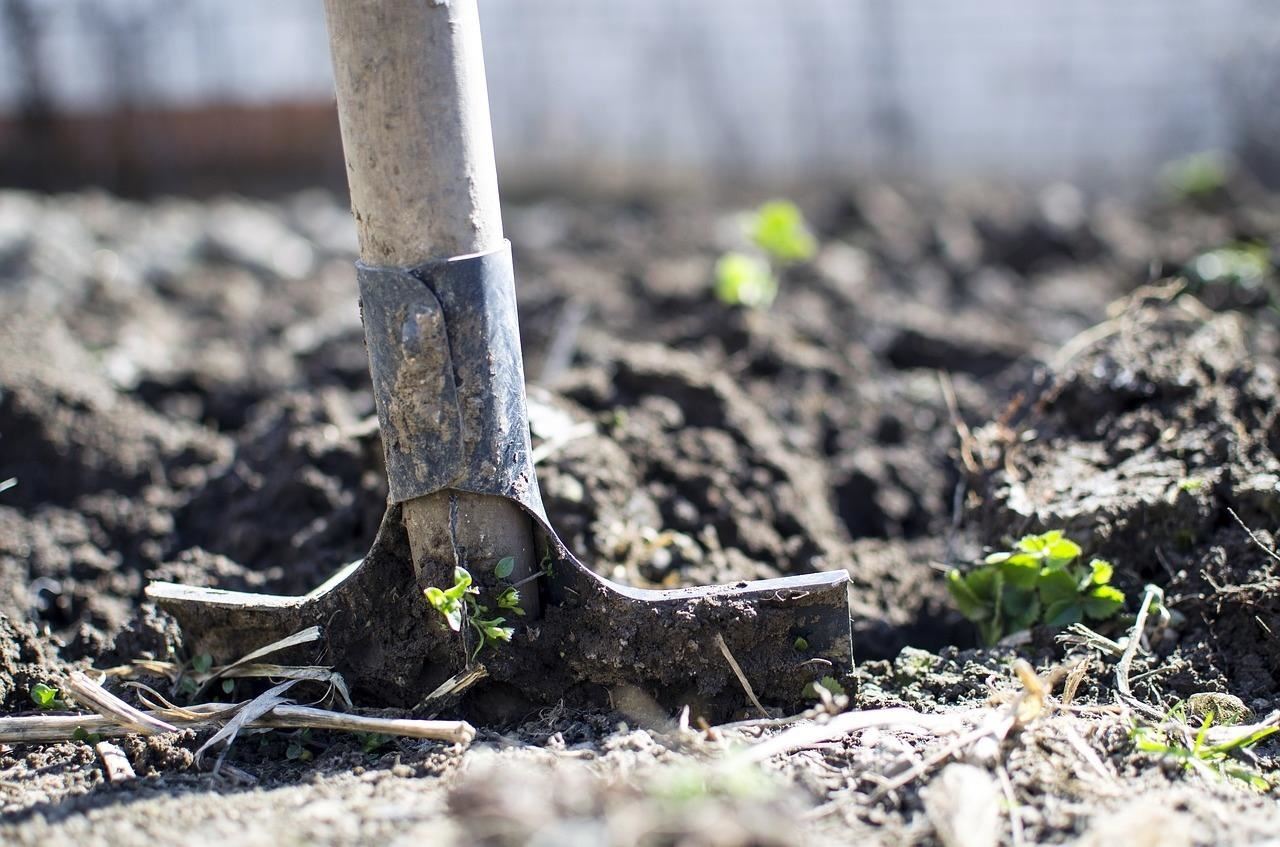
Step 1: Crops for Starting a Vegetable GardenFirst, You Should Settle on the Type of Vegetables You Want to Raise in the Garden. To Start with, You Can Go to a Vegetable Garden in the Size of 10 by 10 Feet. You Should Focus on Vegetables That Are Fairly Uncomplicated to Raise. Some of the Popular Vegetables for Beginner Gardens Include Radish, Tomatoes, Peppers, Cucumbers, Carrots, Beets, and Cabbage.
Step 2: Location for Vegetable Garden Plantingthe Location Is the Next Important Thing to Look at While Starting a Vegetable Garden. The Reason Is That Most of the Vegetables Grow Well When There Is Adequate Sunlight. So, You Have to Pick a Place Where the Plants Can Get the Best Sunlight for Photosynthesis. A Useful Step While Starting a Vegetable Garden Is to Comprehend the Quantity of Sunlight in the Place by Observing for a Whole Day. In This Way, You Will Get an Idea of the Extent of Light and the Time When the Place Gets the Best Sunlight.
Step 3: Soil Requirements for Starting a Vegetable GardenOther Than Sunlight, Plants Require Nutrient-Rich Soil as Well. Before You Begin Planting, You Should Clean the Place and Get Rid of Any Stones or Weeds. You Can Use Tillers to Work on the Soil and to Add Organic Material if Necessary. Mixing Up Some Compost with the Soil Facilitates Natural Drainage and Also Enhances the Texture. You Can Visit a Nearby Nursery to Get Various Kits That Can Be Used to Improve Soil Quality. Also, You Can Get Seed Packs Here That Have Instructions About General Care and Planting.
Step 4: Ensuring Sufficient Room for Vegetable Garden PlantingMost Tips for Planting a Vegetable Garden Will Stress the Importance of Space. Allow Sufficient Room Between the Plants. Even if You Maintain the Place Free from Wild Plants, You Still Have the Chance of Plants Getting Knotted One Over the Other, Which Can Hamper the Room Required for Proper Growth.
Step 5: Irrigation for Vegetable Garden PlantingAfter You See the First Shoots Appearing, You Should Ensure That You Irrigate the Plants at the Right Time of the Day. This Depends on the Place's Climate. It the Climate Is Hot, You Should Water the Plants Early Morning and After Evening. You Have to Follow This Schedule in Order to Help the Plant and Soil to Retain Moisture That May Otherwise, Evaporate, if Watered in Daylight. You Can Add Some Mulch if the Soil Has Poor Moisture Retaining Capacity.
When the harvest season starts, you should pick up all the crops that have ripened. This allows your plants to grow a lot better and also give improved results. In addition, you can use the homegrown vegetables as the resource for your own kitchen and make some wonderful mouth-watering dishes!
If you are interested more in making some money out of your vegetable garden planting, then you should decide on what plants can grow well in the available space, soil, lighting, and conditions of drainage in the garden. You can present the customary price of vegetables or you can also offer some special varieties - the ones that may be tough to get in the usual grocery shops.
Remember that care and dedication are more important than the size or type of your vegetable garden planting. So, decide on a plan and use these tips for planting a vegetable garden to liven up your backyard.
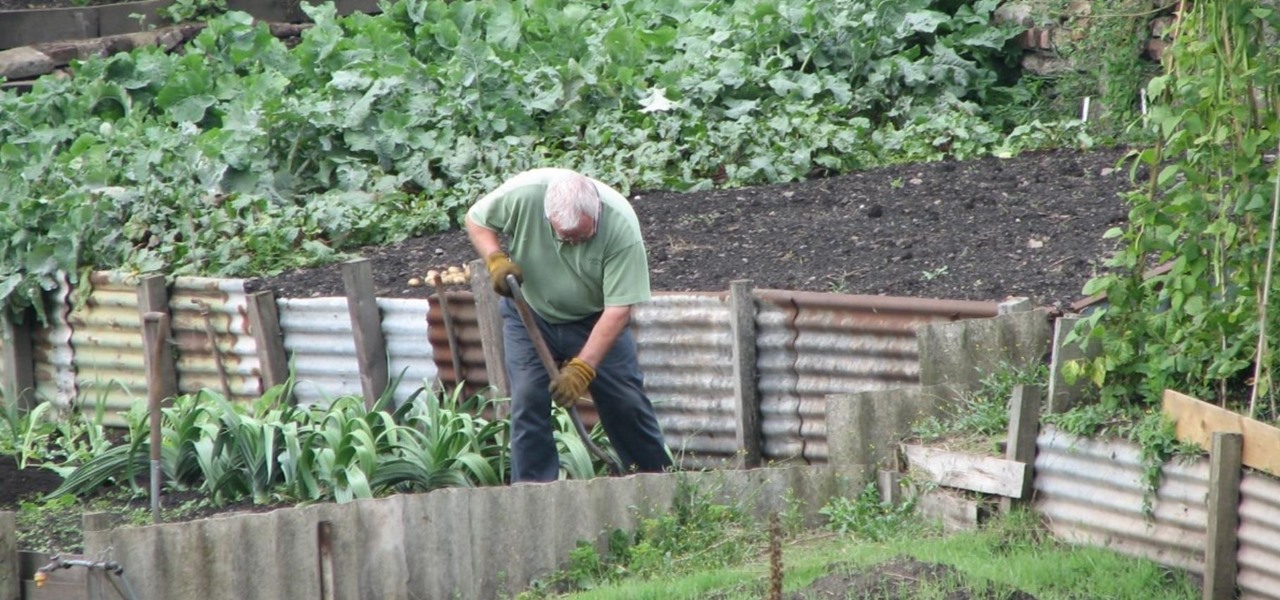







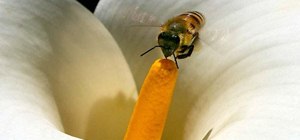
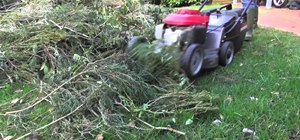
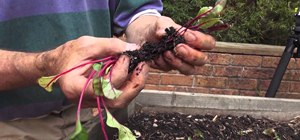
















Be the First to Respond
Share Your Thoughts